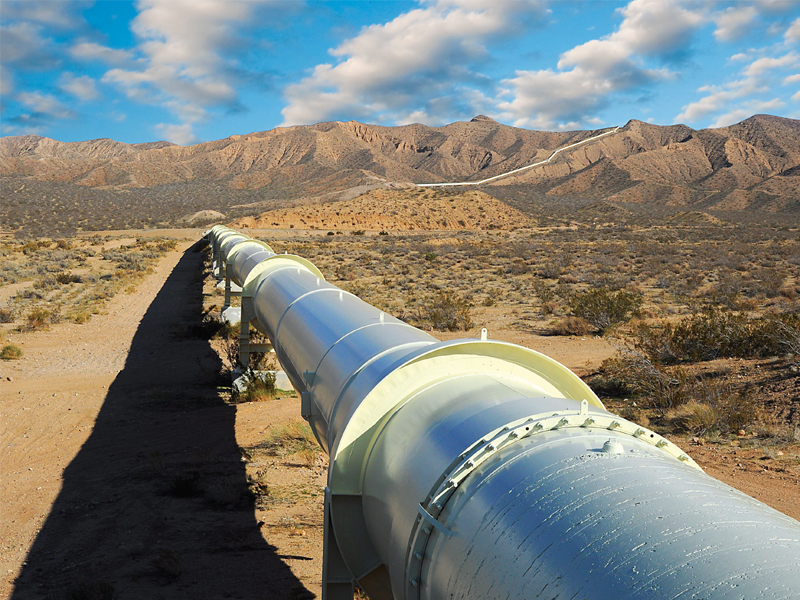
As a policy, US and many EU countries have been promoting the use of gas to reduce reliance on imported fossil fuels due to uncertainty in the supply chain and to save foreign exchange.
Pakistan became the largest consumer of CNG in the world in 2011, overtaking Iran, Argentina and Brazil in the number of vehicles using gas as fuel and replacing the more polluting fuels. With 21% of vehicles converted to CNG, Pakistan is way ahead of India that has little over one million vehicles converted to CNG, Italy which has 730,000 vehicles on CNG and China 450,000.
In 1964, average daily supply of natural gas in Pakistan was around 47 million cubic feet per day, which now stands at 3,800 mmcfd.
Natural gas is also a fuel of choice for power generation due to it being cheap, environment-friendly and high efficiency of gas turbine-based combined cycle equipment.
Natural gas is a dominant fuel, accounting for 47% of the primary energy demand in 2007. Since 2000, natural gas and petroleum are the main sources of energy, accounting for 50% and 29% of the energy consumption respectively. Nevertheless, the consumption of petroleum products is decreasing because of increase in their prices.
As natural gas is the cheap and cleaner alternative energy source, it is important and timely to investigate the linkage between gas consumption and economic growth. Pakistan needs to ensure that this source of energy is able to cater to the growing demand.
However, the gas demand and supply projections indicate a gap of around 1,700 mmcfd, so any commitment of additional gas supplies to industries in the long run seems to be impossible.
This may be possible through IP and TAPI gas pipelines, which could take a considerable time. To cover this gap, an alternative is LNG import, for which there are plans to bring 3.5 million tons per annum (around 500 mmcfd).
Pakistan has a huge potential to attract foreign investment in gas import projects as demand for energy increases consistently and existing infrastructure for gas distribution promises maximum profits.
It is imperative that an appropriate natural gas policy is framed to improve energy efficiency that aids economic growth. Being one of the largest users of condensed natural gas, Pakistan should also increase investment in infrastructure and technology development.
It should intensify private-public partnership which ensures a more reliable supply of gas, operational efficiency and better distribution. A commitment to increasing gas exploration, attracting investment and providing incentives would ensure sustainable supply of gas to propel the economy. This would also ensure that the price for locally produced gas is kept at an affordable level.
The writer is a researcher at the Sustainable Development Policy Institute
Published in The Express Tribune, December 2nd, 2013.
Like Business on Facebook, follow @TribuneBiz on Twitter to stay informed and join in the conversation.
COMMENTS (1)
Comments are moderated and generally will be posted if they are on-topic and not abusive.
For more information, please see our Comments FAQ

















Foreign investment is critical whether it's gas, coal, hydro or whatever - unfortunately the violence, corruption, lack of reliable judicial system, and history of projects like Reko Diq will deter most of the legitimate investors.